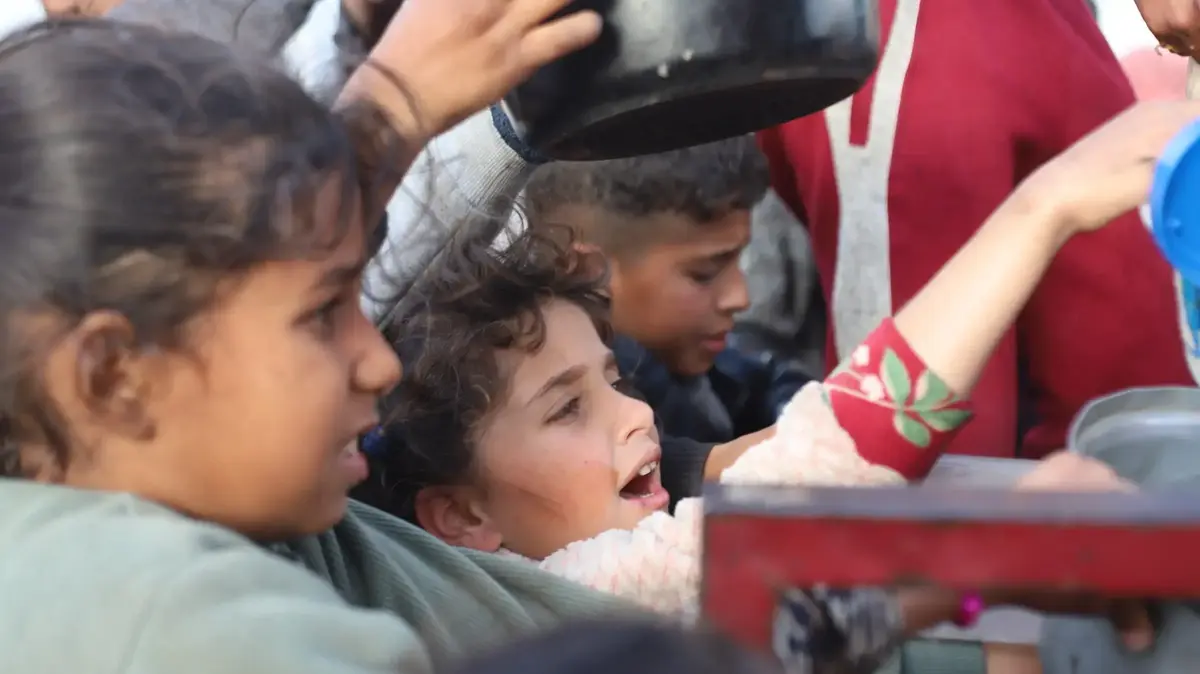Strasbourg-Sana
The European Union confirmed that it had not lost hope that it could succeed in maintaining the nuclear agreement with Iran, while acknowledging Iran's full commitment to the agreement after the US withdrawal.
"The Europeans will make every effort to prevent the fall of this agreement," acknowledging that "Iran has fulfilled its full obligations for 14 months after the American withdrawal from the nuclear agreement," the Italian Aki news agency quoted EU foreign policy official Josep Borrell as saying at a press conference today in Strasbourg. Although Washington has reimposed its sanctions.
Borrell, who has the task of coordinating the work between the parties involved in the agreement, also recognized the failure of the European parties to activate the Instex mechanism aimed at circumventing American sanctions and securing financial transfers for Iran, expressing his hope that some financial transfers can be made within the framework of this mechanism for Iran soon.
Borrell, who visited Tehran recently, said that Iran does not feel that the international parties are doing what it has to do with the economic aspect of the agreement, and that the remaining parties to the agreement, which are France, Britain, Germany, Russia, China, Iran and the European Union, will be held as a meeting coordinator later this month.
On the situation in Libya, Borrell stressed during his press statements that it is necessary to prevent the arrival of weapons entirely to Libya, whether by land, air or sea, pointing out that the best way to ensure the continuation of the armistice is to prohibit the supply of weapons. The navy has control over supplying weapons to Libya via the Mediterranean.
Borrell described the Sofia process as "emigration brakes", pointing to the decrease in the number of migrants to Europe in 2018 to 27,400 migrants coming from Libya, compared to 164,000 in 2016.
It should be noted that the European Union's “Sofia” mission to combat human trafficking in the Mediterranean started in 2015 during the refugee drowning crisis.
Since the Atlantic aggression against it and the chaos taking place in Libya, Libya has turned into a center for smuggling migrants to Europe.









